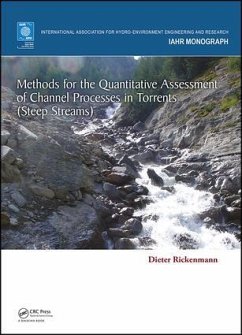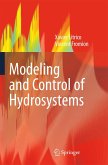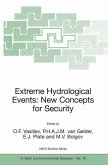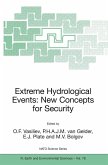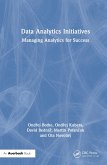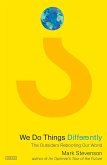This book presents an overview of methods to quantify channel processes in steep catchments. The understanding and the quantitative description of channel processes provides an essential basis for the planning of protection measures. Channel processes are mostly triggered by rainfall events and associated runoff processes. Apart from possible flood hazards during an intense rainstorm event, a lot of damage is often caused by fine and coarse sediment in the form of fluvial bedload transport or of a debris flow. This work mainly discusses the topics of flow resistance, bedload transport, debris flows and the relation between magnitude and frequency of torrential sediment events.
Hinweis: Dieser Artikel kann nur an eine deutsche Lieferadresse ausgeliefert werden.
Hinweis: Dieser Artikel kann nur an eine deutsche Lieferadresse ausgeliefert werden.

